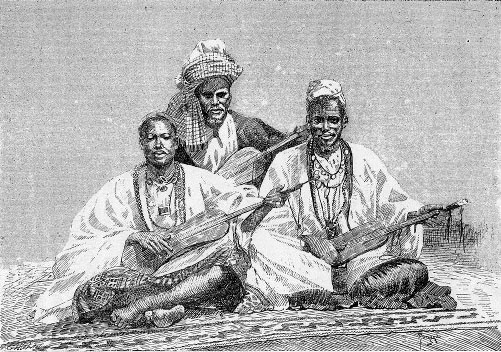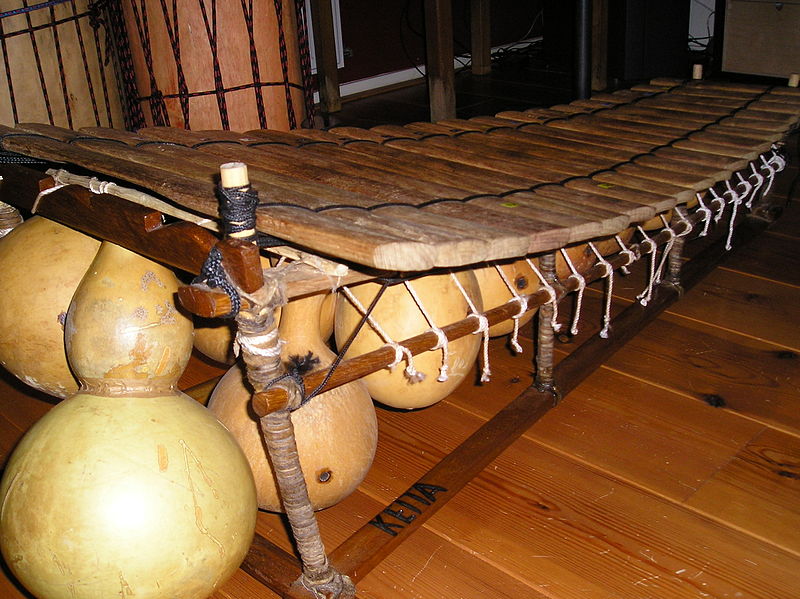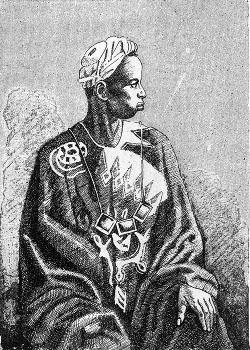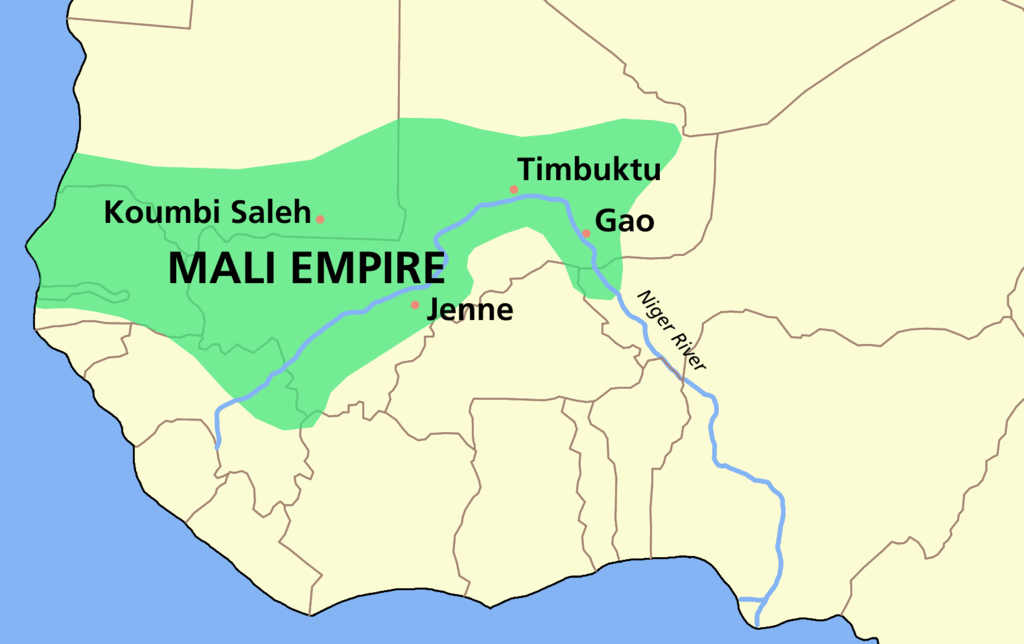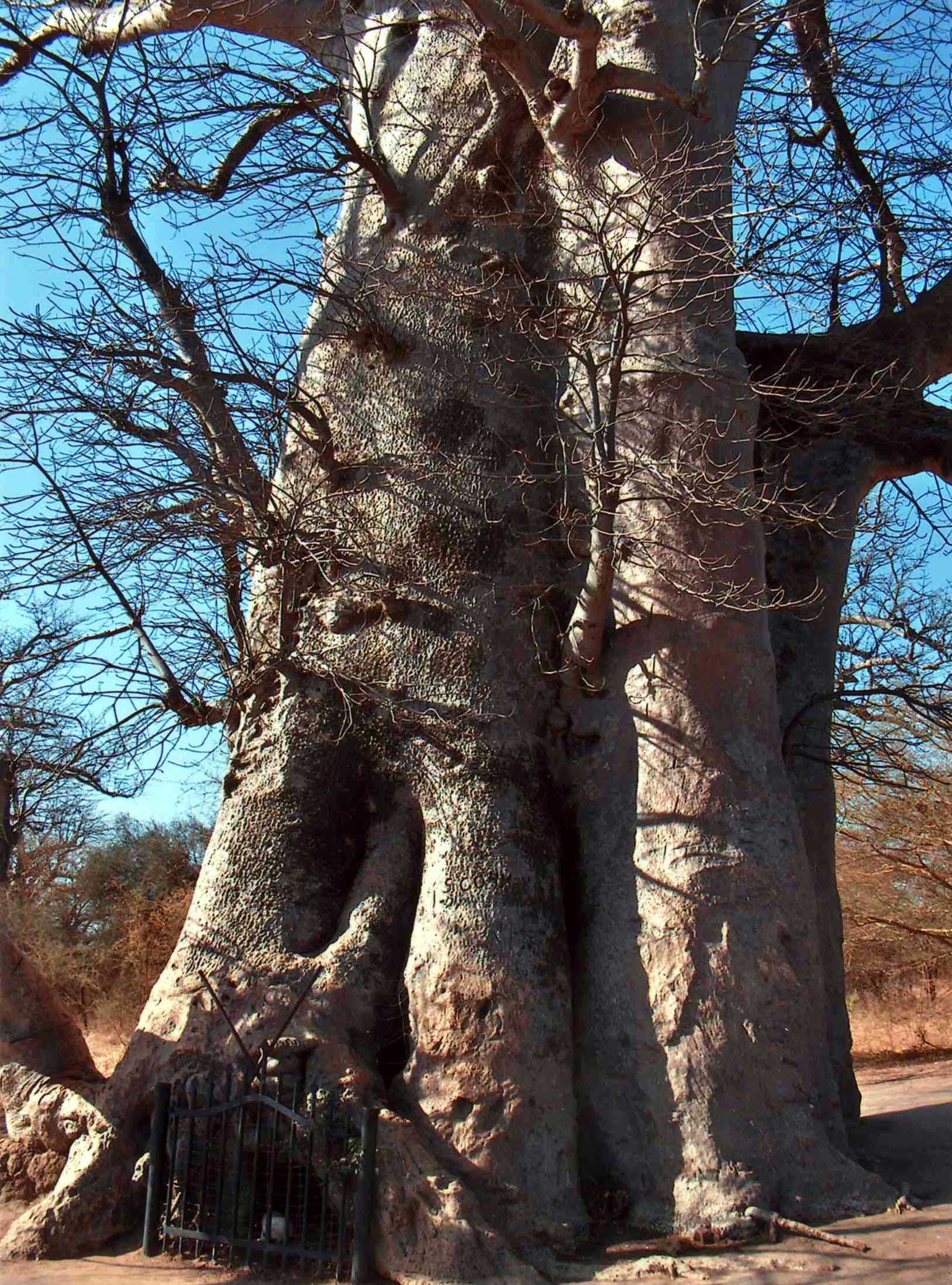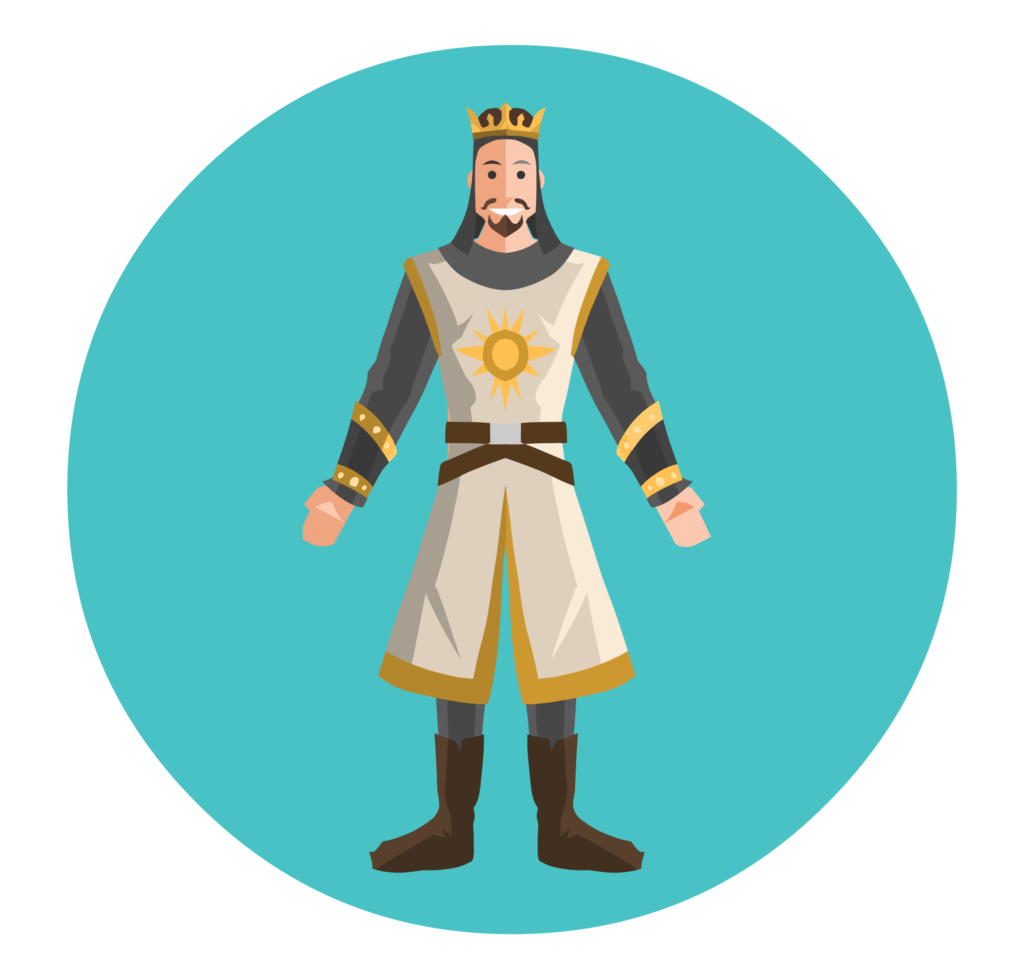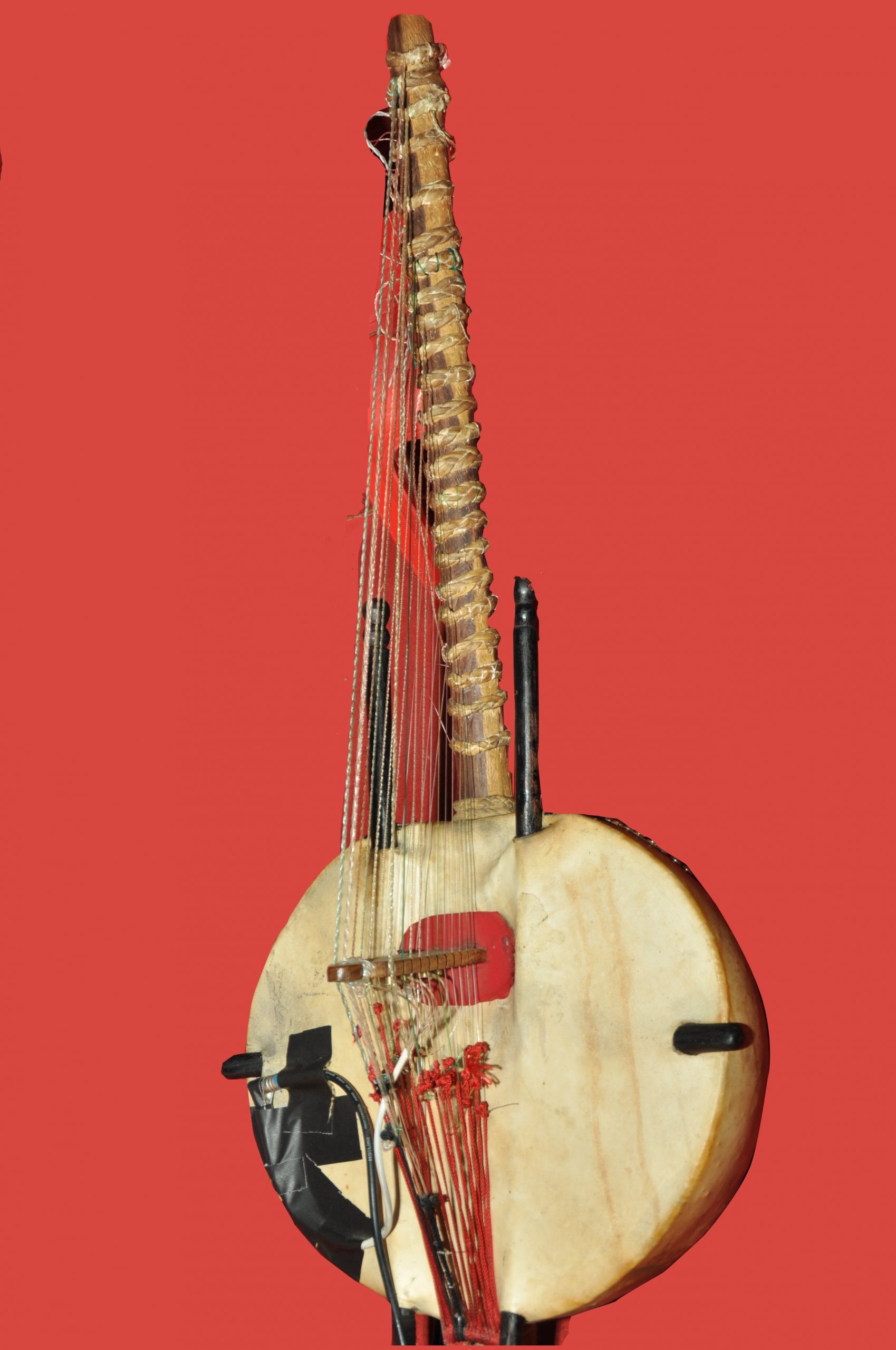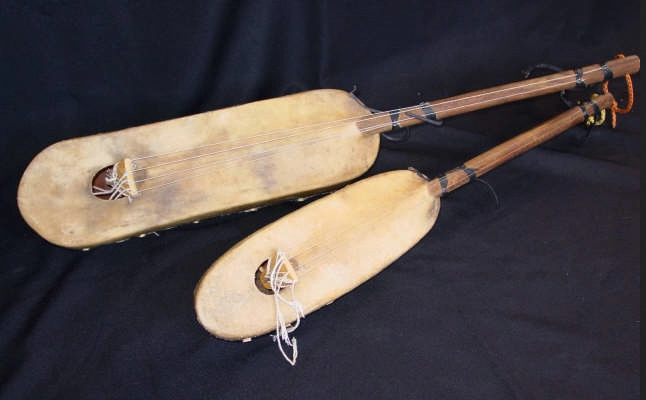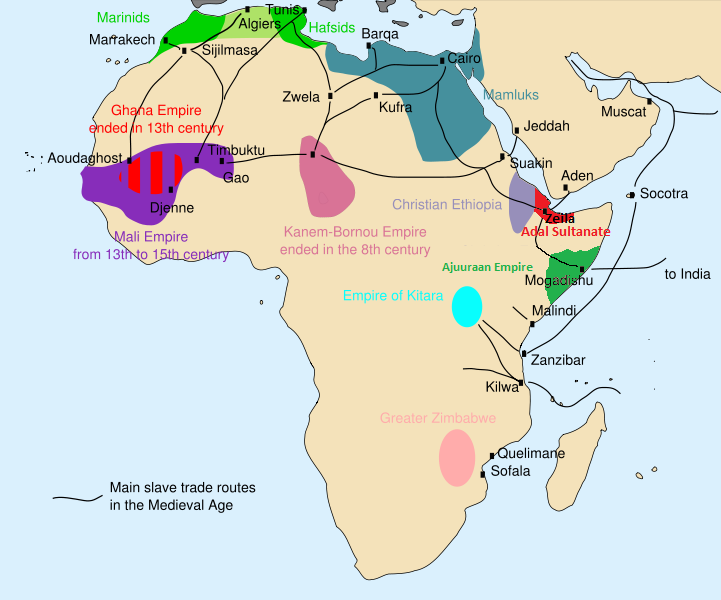Griots: African historians, musicians and story-tellers
What is an African griot?
A griot is a historian, musician, poet and praise singer from Western Africa.
We might even call them teachers or advisors because they educate people about the past, give them lessons for the present situation and have even advised very important kings like Mansa Musa of the Empire of Mali.
A griot actually has lots of different, important, jobs that we will learn about here.
Most parts of West Africa have professional history tellers and musicians but they are called by other names.
The one thing all these historians have in common is that they memorise these histories and speak and perform them.
This type of history is called oral history, it relies on memory. Griots are descendants of the Empire of Ghana and Mali.
How do you pronounce ‘griot’?
Griot is pronounced like this: “gree-oh.”
What is oral history?
History is the recording of events. These events can either be written down or spoken and memorised. Lots of historians write these down. Griots remember them and tell them with words.
When history is told or performed, this is called oral history.
What do they memorise?
Griots memorise all sorts of information! One famous example of an oral history is the “Epic of Sundiata”.
This Epic is from the 13th Century and is about the legendary life of the founder of the Mali Empire.
The details of Sundiata’s life have been passed down through generations or Maninke griots. It is a very inspiring story about someone turning weakness into great strength and becoming powerful.
It tells us about Sundiata’s life but also has important lessons.
One of the things about history all around the world is that human beings use it to try to learn lessons about the past that help us in the present.
There is usually a mixture of truth and storytelling in all histories, both written and oral.
From humble beginnings, Sundiata became King of Kings, or Mansa.
He was believed to be the first Mansa of the Empire of Mali and was followed by many more powerful Mansa, such as Mansa Musa. Griots compare him to the legendary Alexander the Great!
You can read about the plot of the Epic of Sundiata here. This story has changed over time and there are lots of interesting versions.
They have been studied by historians all over the world. If you are from West Africa and go to primary school in a country such as Mali, Gambia, Senegal or Guinea you will learn about this in class.
What do griots do?
Griots are oral historians and story tellers. Griots are the historians of Ancient and modern West Africa, and they performed this history to teach people about the past.
In some ways, storytelling and history telling are the same thing. In French, the word “histoire” means “story” and “history”.
In English, if you look closely, the word “story” is hidden within the word “history”. Anyone can tell a story or memorise this information, but the griots were the official historians and there could only be one per village.
Griots have the best memories in the world!
Griots keep track of important events in their area. These important events could be things like births, deaths and marriages.
Someone like that would be very handy wouldn’t they? This is why these griots have always been seen as very wise and they are very respected in West African societies.
If you were lucky enough to have asked a griot about kings and queens from hundreds of years ago, they would be able to tell you who was in charge, who their children were, and all the important things these monarchs did.
They memorise big lists of the names of kings, all in order! They could probably talk for a long, long, time! They might even play beautiful songs to tell these stories.
They also remember things that happened in society like droughts, solar eclipses or other unusual events. They remember wars and who won them and lost them. This is why Kings and Queens used to employ them so that they could tell people in the world about their victories and strengths for years to come.
Advisors for Kings
The best griot in the lands would have had an important job in the King’s quarters and would have used all his knowledge and wisdom to advise kings and rulers.
Kings and rulers would listen very carefully to everything their griot told them. Some heirs to the throne had griots from a young age to teach them all they knew.
You may have read about a young semi-mythical king called Sundiata from Ancient Mali. These Griots could be considered like history teachers. You see, you should always listen to your very wise history teachers, just like the wise Kings of Ancient Africa!
How are these Epics of West Africa told?
History in Africa is written down or performed through words, poems, music or masquerade. In Ancient times, it would have been performed until it was written down with the development of writing systems.
Lots of cultures around the world have epics like this that were oral before they were written.
These stories can be acted out through masked performances. This is where maskers cover themselves up (no one knows who or what is inside the costume) and the maskers become the characters.
Would you like your history lessons to be taught like this?
Griots comment on society and offer advice and lessons to people. As well as this, they are often very skilful musicians.
Each village had its own musician called a griot. They play instruments like the kora, the khalam, the balafon and the ngoni.
The kora has a long neck and 12 strings. These instruments can be very old and passed down from father to son, or teacher to student.
These histories are also sung and this is why griots are also praise poets. They sing the praises of great ancestors.
Lots of these oral traditions have also been written down by now or even filmed and recorded. In modern times, there is a mixture of written histories and oral histories.
Lots of scholars in Africa have been recording these for years. One of the first scholars to do this was Ibn Battuta who lived between c.1304-1369.
Later, in the twentieth-century, Europeans and Africans recorded them too.
Quiz Time!
1. Name the jobs a griot did.
2. What types of things did griots remember?
3. Name one of the instruments a griot played.
4. If someone performs or speaks history, instead of writing it down, what is this called?
5. Who did griots advise?

